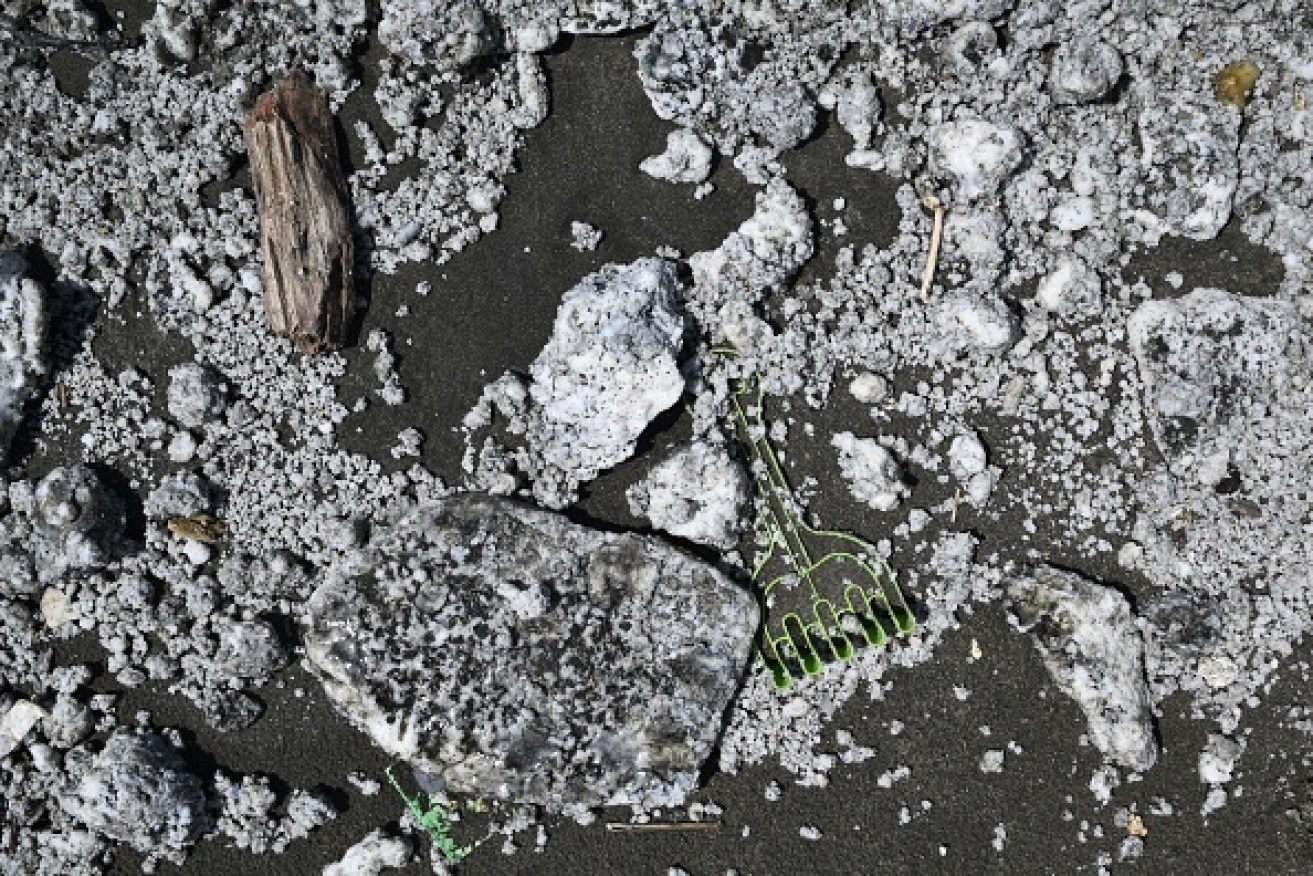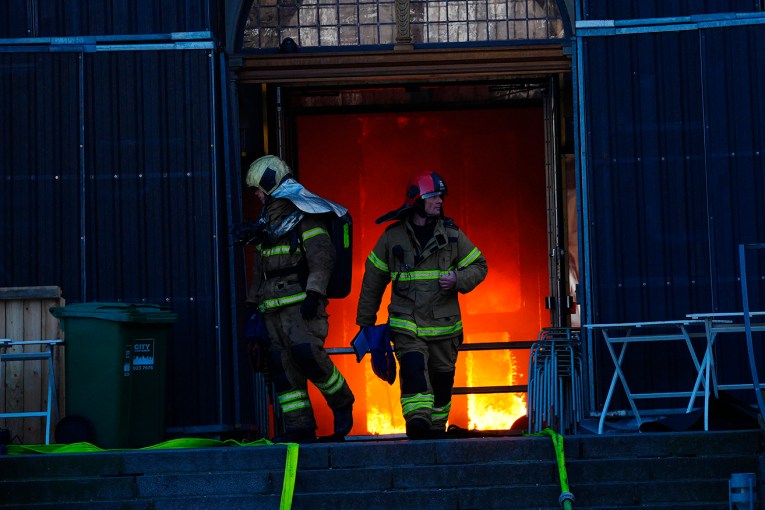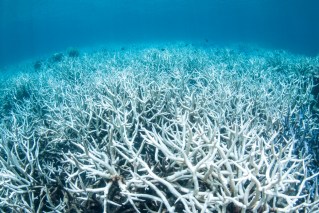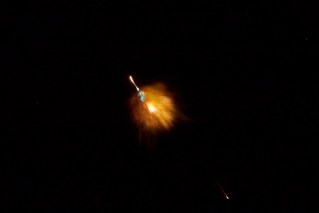Palm oil blobs cover Hong Kong beaches

A plastic toy rake is seen amongst clumps of palm oil after it washed up onto a beach in Hong Kong. Photo: AFP/Getty
Hong Kong has closed more than a dozen beaches after a palm oil spill washed foul-smelling, styrofoam-like clumps ashore, the latest environmental disaster to blight the territory’s waters.
The Chinese-controlled city closed two more beaches in the south of Hong Kong island on Tuesday, bringing to 13 the total shut since two vessels collided in the Pearl River estuary.
It took two days for mainland Chinese authorities to inform Hong Kong about the collision, the government said. Media said the accident happened on Thursday.
The spill has sparked outrage among some residents and environmentalists and comes just a year after mountains of rubbish washed up on Hong Kong’s beaches, with labels and packaging indicating most of it had come from mainland China.
It also comes at the height of summer, when beaches and outlying islands are packed with daytrippers, campers and holiday makers, especially at weekends.
The Hong Kong government said it had collected 50 tonnes of oil so far, most of it congealed, while workers scooped up 110 bags of palm oil waste on one beach alone on the popular Lamma Island.
Conservation group Sea Shepherd said there had not been a spill on this scale in Hong Kong, as the clumps kept spreading.
The impact on fish farms, helping to meet huge demand in Cantonese restaurants in the densely populated territory, was not immediately clear.
Environmental groups said that oil has seeped up to 10cm deep into Hong Kong’s sprawling, sandy beaches making it difficult to clean.
Samantha Lee, conservation manager at the World Wildlife Fund in Hong Kong, said that while palm oil is thought of as non-toxic, it would oxidize under Hong Kong’s hot sun and it was not clear how harmful the new substance would become.
Apart from beaches which have been shut, the rest of Hong Kong’s verdant shoreline is likely to have been impacted with the feeding capabilities of many sea creatures such as barnacles, crabs and shells affected, Lee said.
Hong Kong’s coastal waters and beaches are often strewn with rubbish from mainland China, where some companies discharge waste into the sea to save the cost of proper disposal, according to conservationists.








